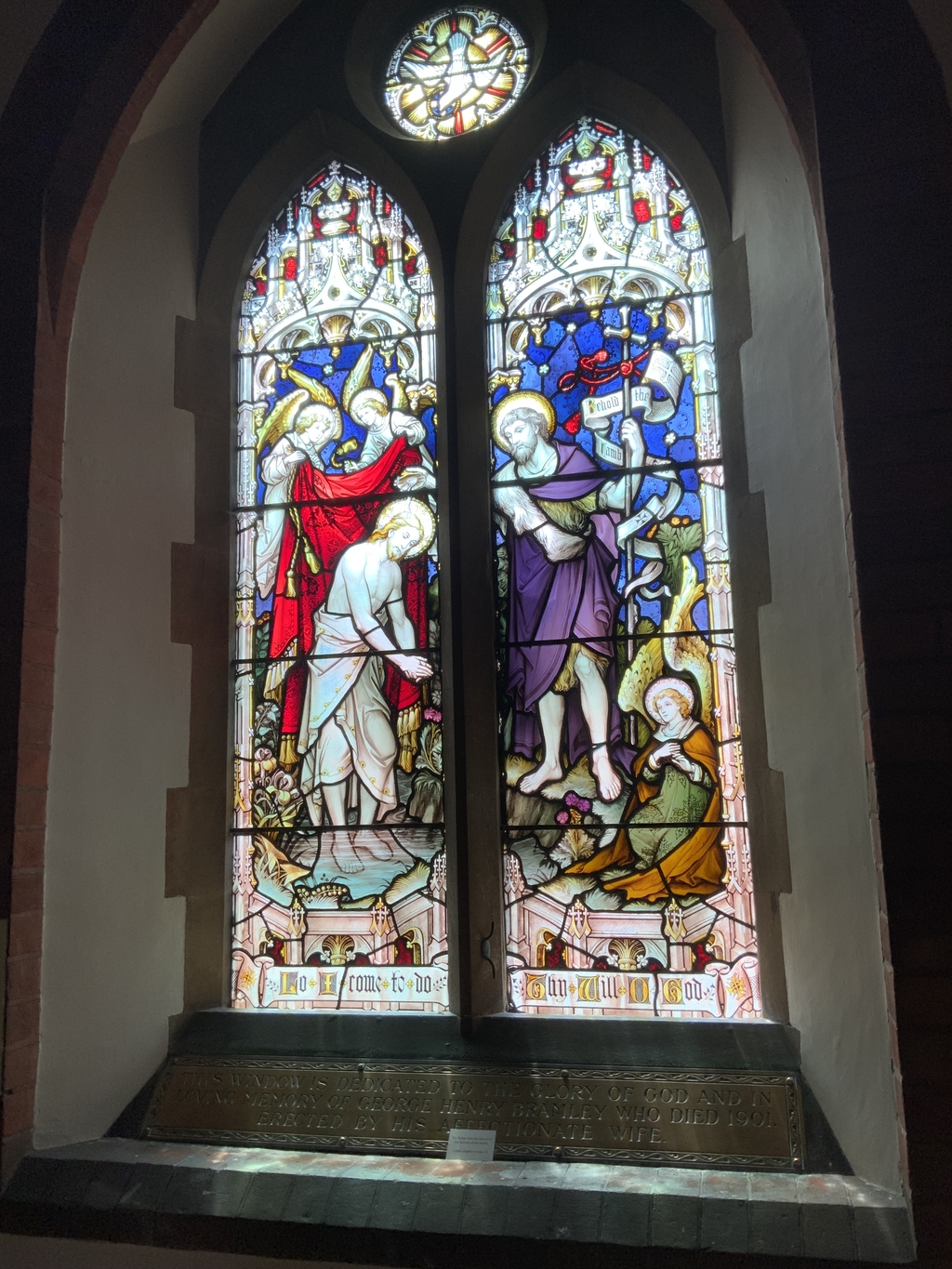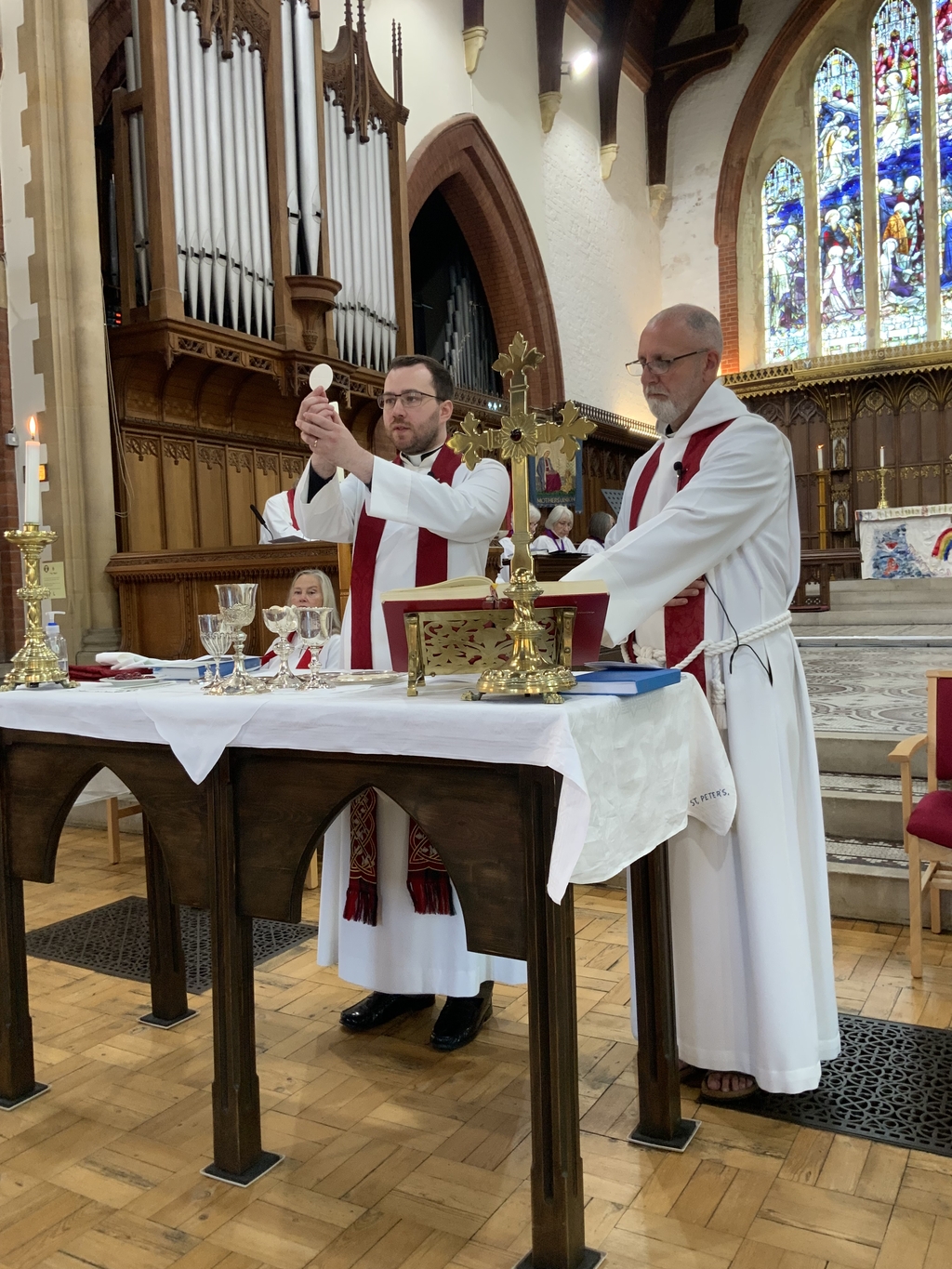Peter asks Jesus:
“Lord, to whom can we go?” John ch 6. v 68
When considering choices we use factors that are: Rational, Emotional, and Self-serving.
For instance, the Church of England, having closed itself down in the Country’s hour of spiritual need, currently faces a choice around Covid policy: to unlock Churches, or not unlock. To consider the choices we will look Rationally at the Covid facts. Our Emotions will guide how we feel about restrictions being eased. And we will think about what is best for us. As Christians, we will wish also to choose the option that is best for others in meeting their spiritual need.
Choices, choices! In 1745, at the time when Bonnie Prince Charlie led an uprising against the King, the Earl of Derby was choosing about which side to put his troops and influence. He commented: “What to do for the best I do not know. I only know, that if I knew what it was, I would do it”. I am sure there is an echo of this sentiment as we weigh up the choice whether or not to open our Churches.
This morning’s readings concentrate on the choice people make on whether or not to continue in a life of Faith:
Joshua calls on the nation to choose which God to follow in a culture where there were so many gods. Rationally he points to the facts: Jehovah has led them out of slavery and into the promised land. Emotionally, he feels faith in God is the right foundation for national life. He suggests that it is in the people’s best interest to stick with the God they know. Joshua’s choice is clear: “I will serve the Lord”.
Rationally, Emotionally, and in Self-interest the Psalmist shares with us God’s influence for good in his life.
The writer to the early Church at Ephesus urges readers to stick with their choice: “Stand firm” he writes. Stay with the facts of resurrection; hold on to the love shown by God in Jesus; it is in your best interest to nurture your faith.
St John chapter 6 draws attention to the choice presented by Jesus. The facts include: feeding a group of 5,000 people with bread and fish; the crowd asking for Jesus to be their King; Temple leaders asking questions. He walked on water, and brought the disciples peace in a storm.
Emotionally, Jesus’ teaching around the Bread of Life caused upset. Temple leaders felt threatened. The Crowd felt Jesus may not be the best candidate as their King. Many disciples felt disaffected; they had not expected that there would be a cost to following Jesus.
People were making choices about Jesus; their self-interest was kicking in. People wanted a King to lead them to freedom from occupation by the Romans; would Jesus do this? Traditional Jewish faith expressions were at risk; was Jesus’ new way worth the upset? Eating and drinking of his very person, would mean total commitment to Jesus; were they ready for this?
People were coming to a decision about Jesus: The crowd chose to stop shouting Hosanna; instead, they shouted Crucify! The religious leaders chose to look for ways to have Jesus killed. Many disciples chose to turn back and no longer go about with Jesus.
Decisions have consequences: Jesus was facing isolation. He asks Peter, “Do you also want to go away?” That question leaps from the page to challenge us today. Do you also want to go away because of the easing of lockdown?
We made our choice about Jesus some time ago. It is also a choice that we face every day as world events challenge our faith, such as: disappointments in family relationships; the loss of long-time friends with whom we have long shared large parts of our life; our fear of disease and of death.
Rationally we look at the facts and can see the hand of God in the development of our life. Emotionally we feel the need to link in to a God who promises to support us through the changes and chances of this mortal life. It is in our best interest to continue the attempt to live the resurrection life in an imperfect world.
The readings suggest we must stick with our choice about Jesus:
As Joshua stated: “As for me, I will serve the Lord.
The Psalmist shares his praise for the God who saved him.
The letter to Ephesians encourages us to “Stand firm.”
We may ask with St Peter: to whom can we go, if not to Jesus?
The opportunities arising from deciding to choose a life of faith in a Risen Christ, include the opportunity to unlock our Churches. Many people whose lives are on the edge of faith are asking: where else can we go? In the name of God, choices need to be considered; decisions have to be made.
The Revd Malcolm France













